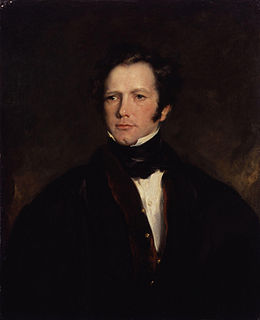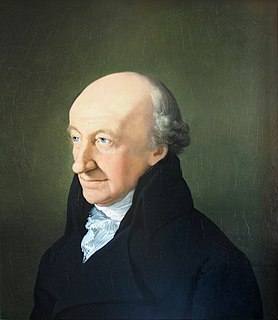A Quote by Henry Ward Beecher
Weak minds may be injured by novel-reading; but sensible people find both amusement and instruction therein.
Related Quotes
In reading a novel, any novel, we have to know perfectly well that the whole thing is nonsense, and then, while reading, believe every word of it. Finally, when we're done with it, we may find - if it's a good novel - that we're a bit different from what we were before we read it, that we have changed a little... But it's very hard to say just what we learned, how we were changed.
Attempts to defend amusement parks and circuses on the grounds that they 'educate' people about animals should not be taken seriously. Such enterprises are part of the commercial entertainment industry. The most important lesson they teach impressionable young minds is that it is acceptable to keep animals in captivity for human amusement.
If the world is saved, it will not be by old minds with new programs but by new minds with no programs at all. Why not new minds with new programs? Because where you find people working on programs, you don't find new minds, you find old ones. Programs and old minds go together like buggy whips and buggies.
I often hear people say that they read to escape reality, but I believe that what they’re really doing is reading to find reason for hope, to find strength. While a bad book leaves readers with a sense of hopelessness and despair, a good novel, through stories of values realized, of wrongs righted, can bring to readers a connection to the wonder of life. A good novel shows how life can and ought to be lived. It not only entertains but energizes and uplifts readers.






































